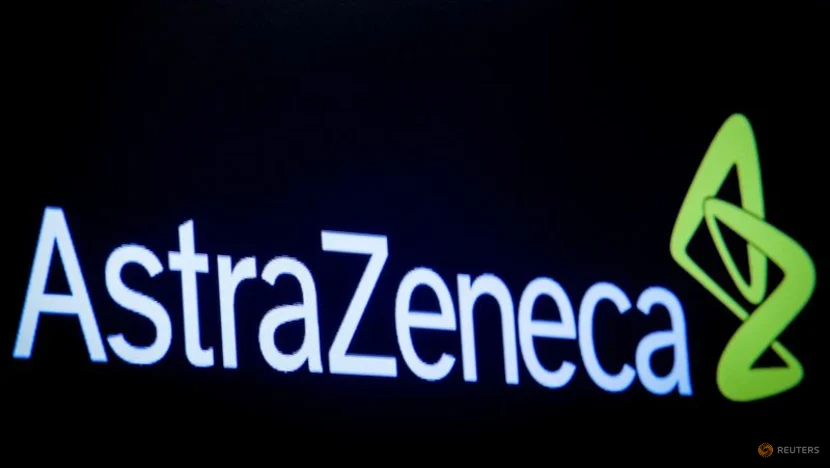AstraZeneca's COVID-19 vaccine suffers a setback in nasal spray trial
Attempts by Oxford University researchers and AstraZeneca Plc to create a nasal-spray version of their jointly developed COVID-19 shot suffered a setback on Tuesday (Oct 11) as initial testing on humans did not yield the desired protection.
SLOT top-up, deposit and withdraw with automation No need to waste time depositing – withdrawing via call center fast. Convenient, comfortable, safe and stable in just 3-5 seconds
An antibody response in the respiratory mucous membranes was seen in only a minority of participants in the trial, which was in the first of usually three phases of clinical testing, the University of Oxford said in a statement on Tuesday.
Also, the immune response measured in the blood was weaker than that from a shot-in-the-arm vaccination.
Researchers across the world have placed high hopes on nasal spray vaccines against the coronavirus because the method is believed to potentially prevent infection and not just disease as it may prompt an immune response directly in the airways, where the virus enters the body.
In addition, the method would be less painful and easier to handle than injections.
Regulators in India and China have already cleared products that are administered through the airways.
India's health minister last month approved Bharat Biotech's COVID-19 nasal spray vaccine while China's CanSino Biologics Inc last month won emergency approval by the country's drug regulator for an inhaled version of its COVID-19 vaccine.
CanSino has said studies indicated that its vaccine, delivered via a nebuliser device, can induce strong immunity to effectively contain an infection, while Bharat's trial results have not yet been published.





Comments